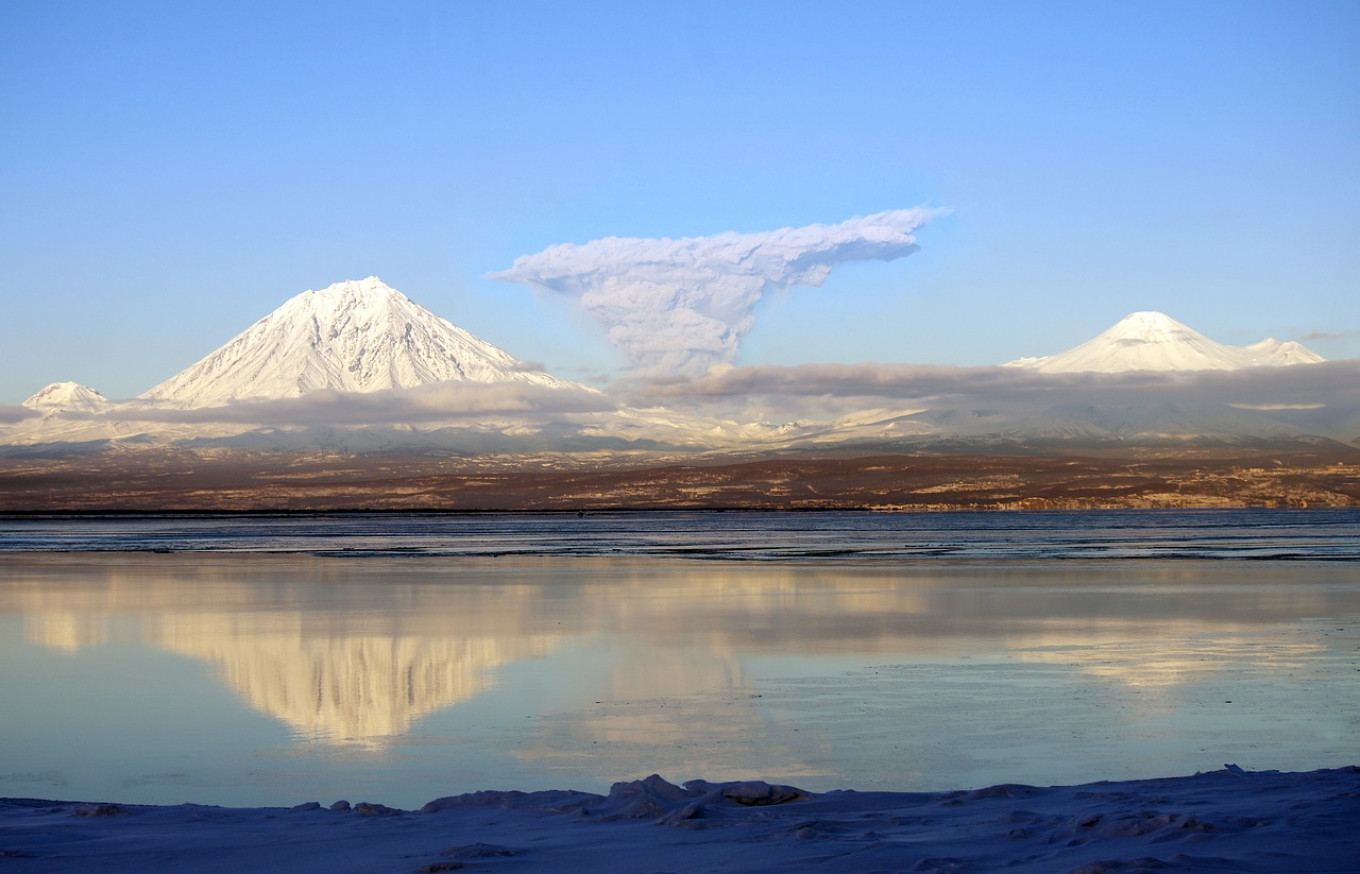
Russian environmentalists have raised the alarm over plans to mine gold near UNESCO-protected territory on the Kamchatka peninsula in the Far East, the U.S.-funded Radio Free Europe/Radio Liberty news outlet’s Siberian affiliate reported Monday.
Russia’s Federal Subsoil Resource Use Agency reportedly plans to open a 61-square-kilometer site in the Milkovsky district of Kamchatka for gold prospecting and development.
The site is located near rivers where fish spawn and habitats for rare animals, the Rivers Without Borders international ecological group said in a letter to Natural Resources and Environment Minister Alexander Kozlov.
“Gold mining disrupts natural riverbeds, leads to a serious negative transformation of the slopes of river valleys, causes significant erosion of floodplains, destroys valuable floodplain forests and pollutes rivers,” Rivers Without Borders’ Russian head Alexander Kolotov told Sibir.Realii.
“As a result, valuable fish disappear from the rivers and the river ecosystem degrades, in many cases irreversibly,” he said.
In its letter to Kozlov, Rivers Without Borders notes that the site is also located along the borders of the Kronotsky Nature Reserve, which has been listed as a UNESCO World Natural Heritage Site since 1996.
Environmentalists have said that in addition to animals like wild reindeer and bighorn sheep, the area is home to people who rely on local waterways for their livelihoods. Russian law bans the use of subsoil in cases that threaten human life and health or cause economic or environmental damage.
In 2019, a UNESCO delegation and the International Union for Conservation of Nature recommended accelerating the process of creating a buffer zone to reduce human impact on the reserve.
“This is not the fate that should be prepared for Kamchatka, a unique natural territory and a source of pride for all of Russia,” Kolotov said.
Last year, the Kamchatka peninsula made international headlines when hundreds of dead sea animals washed up onshore. Scientists said nearly 95% of all seabed marine life in the Avacha Bay was wiped out by the ecological disaster, which has been linked to a toxic algae bloom exacerbated by climate change.
RFE/RL and its affiliates are included in the Russian Justice Ministry’s “foreign agents” registry.